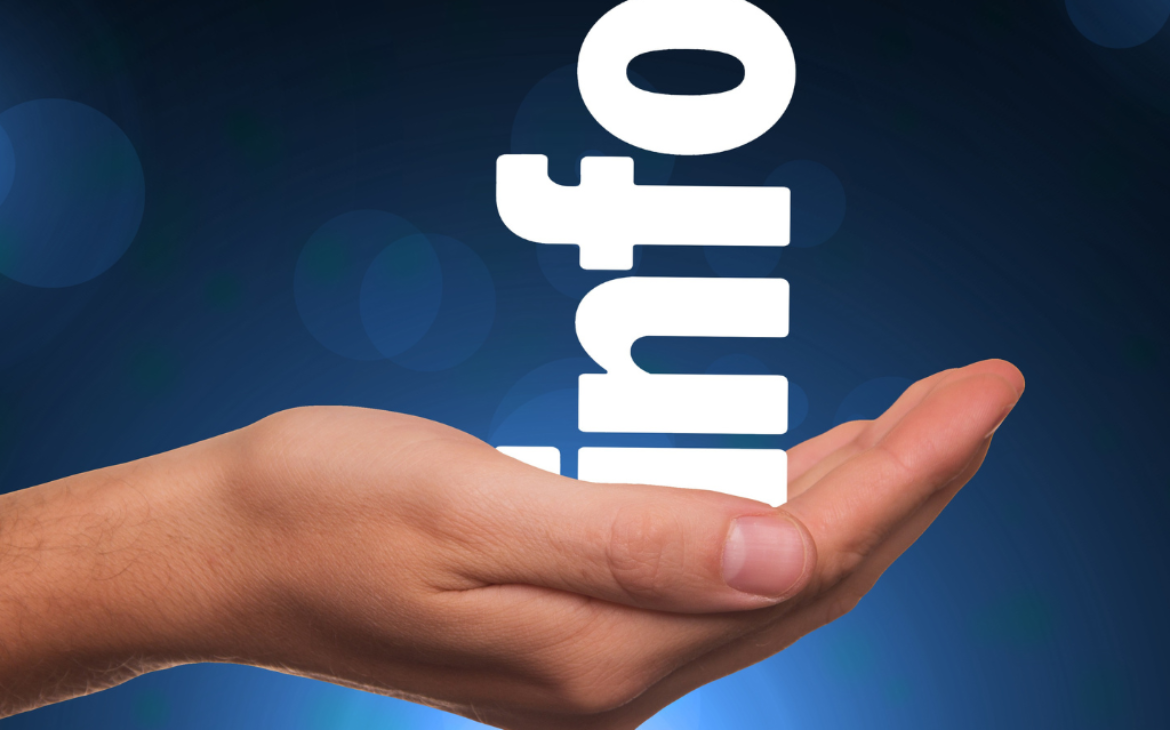With the development of various aspects of society, the media culture has also undergone a transformation. The new media culture has been shaped by the new desires and needs of the audience, which demands quick access to new and interesting content, while media institutions strive to produce that content even faster. The faster flow of information and data, as well as news, is accompanied by a more frequent occurrence of unverified content, resulting in the emergence of disinformation, fake news, and conspiracy theories. Prompted by these challenges affecting the operations of media services and organizations, independent news producers have refocused their efforts on information verification and have dedicated themselves to identifying and combating disinformation in the public and media space.
Organizations and departments engaged in fact-checking identify dubious statements or data that require further verification. To verify a statement, they gather relevant information from reliable sources such as official documents, state laws, government databases, and certified and verified academic works and research. Fact-checking does not only pertain to verifying textual content but also to verifying photos and video content. Today, many tools have been developed to check the authenticity of recordings and photographs. It is also necessary to check the context and establish that a particular statement or photograph has not been modified or taken out of context.
The work of media institutions is regulated by various ethical codes and guidelines to maintain the highest professional standards. Furthermore, journalists should adhere to professional journalistic standards in their writing and reporting, principles that include truthfulness, honesty, accuracy, and impartiality. Article 5 of the Code of Ethics of Croatian Journalists states: “It is the right and duty of journalists to advocate for the free flow of information. A journalist is obliged to present accurate, complete, and verified information. They critically assess the sources of information and generally cite them. They have the right not to disclose the source of information, but they bear responsibility for published data.”
According to the Duke Reporters’ Lab report, in 2008 there were only eleven fact-checking organizations in the world, while in 2022 the number of organizations increased rapidly. In 2022, 424 fact-checking media or organizations operating in 100 countries and in 69 languages were identified. Furthermore, research showed a positive growth trend, with an increase of 47% since 2018.
For citizens of Croatia, information verification is carried out by Faktograf.hr, a Croatian media outlet specializing in fact-checking, while in Slovenia, the media outlet Oštro focuses on verifying information and facts.
Test your knowledge about fact-checking organizations and objective reporting at:
The goal of the quiz is to help platform users learn about fact-checking organizations and objective reporting.
This quiz is designed as part of the project “Enhancing Fact-Checking Culture,” implemented by HUOJ in collaboration with media experts from Lider media and the Faculty of Economics at the University of Zagreb, with financial support from the European Union – NextGenerationEU.

